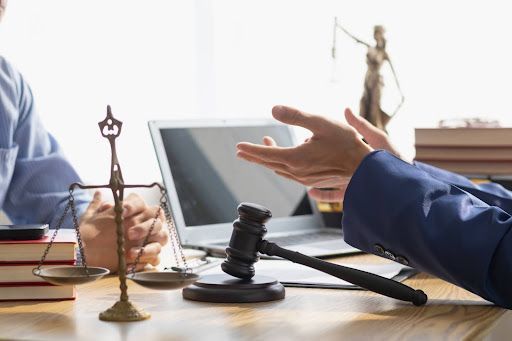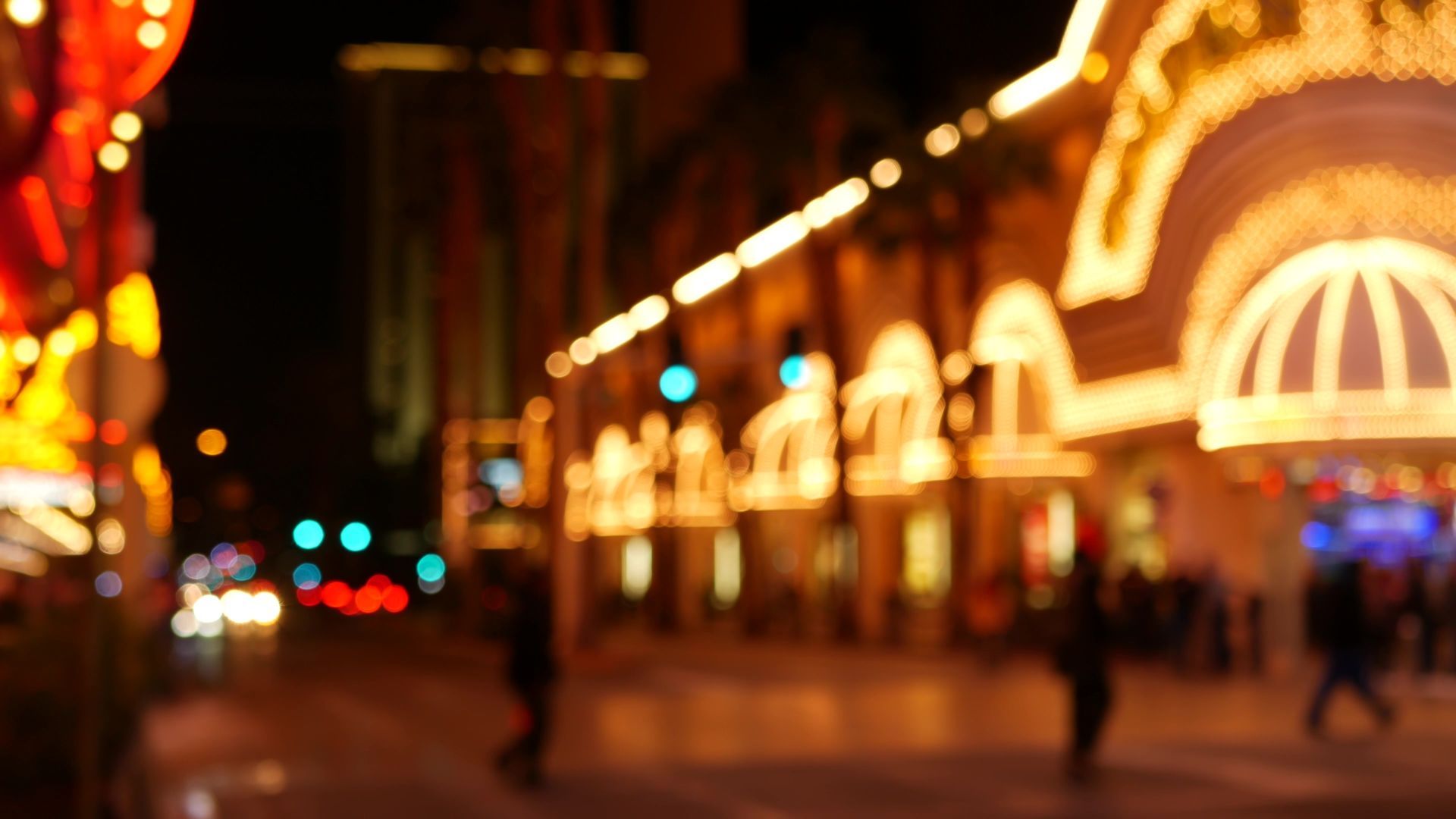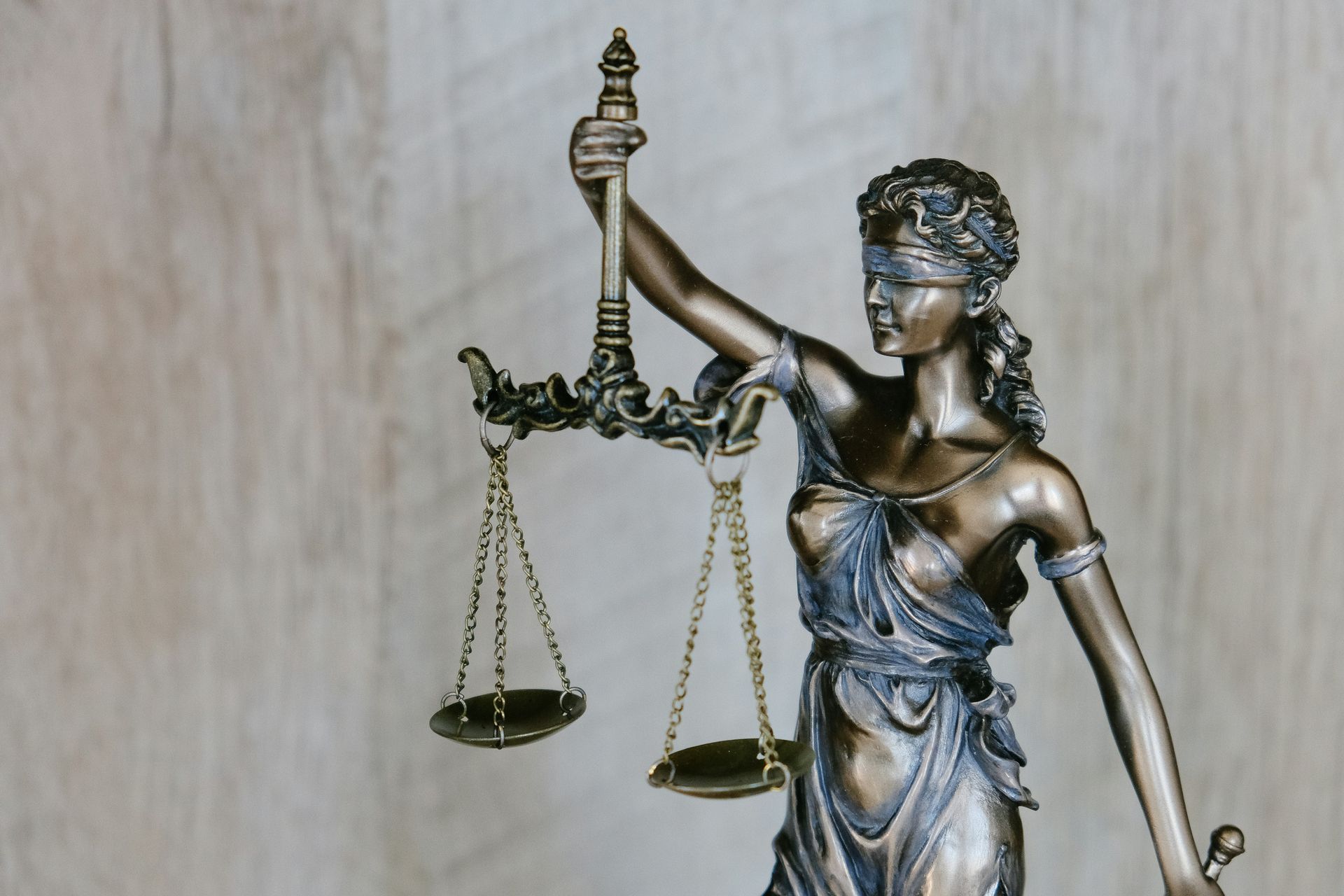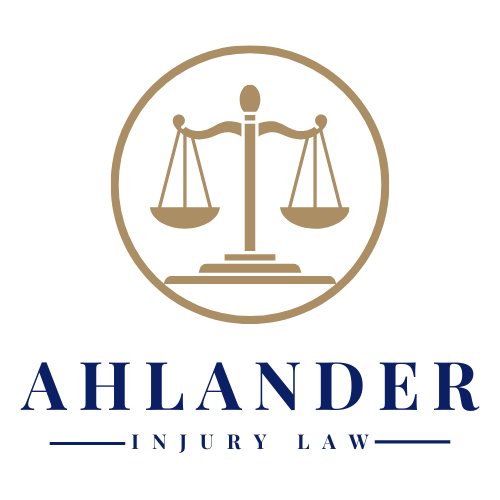What Constitutes a Slip and Fall Accident?
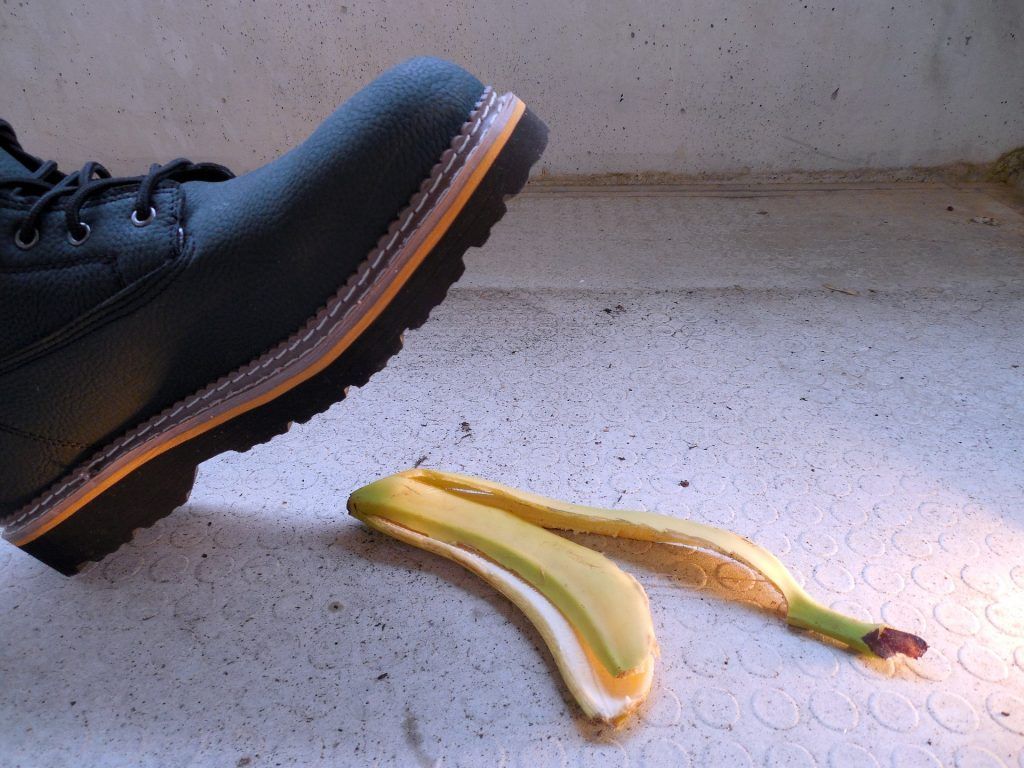
A slip and fall accident is a term that is often used by a lawyer when filing for a personal injury case. An accident of this nature occurs when an individual falls on someone else’s property. The property owner can be held legally responsible for accidents incurred on their grounds.
There are many things that can contribute to a slip and fall accident. For instance, carpeting with tears or rips, unleveled flooring, poor lightening, narrow stairs, or a floor covered in water, are just a few of the risks. If someone trips on a broken or cracked public sidewalk, falls down some stairs, or slips because of rain, snow, or ice, then it can also be considered a slip and fall accident. In order to file a claim, the plaintiff must have sustained injuries to be able to collect compensation.
The Burden of Proof in Slip and Fall Cases
It is hard to prove fault when it comes to slip and trip accidents. For instance, the court wants proof that the property owner did not take adequate precautions to avoid such an incident. They will evaluate your actions, at the time, as well as the weather and other important factors. The burden of proof is on the plaintiff. They want to see that a dangerous condition was present that caused the accident. It must be a situation that was not anticipated under any normal circumstances. The court expects people to be aware of and try to avoid any obvious dangers.
To establish that the owner of the property knew of this dangerous situation, then the plaintiff’s legal team must prove that the owner created the condition, knew about it, and did nothing to correct it; or the condition has been there for a great deal of time. For the court to hold the property owner liable, they need to see that their negligence would have created a foreseeable danger. Remember, accidents happen all the time due to careless actions. There is not always someone to blame for simple trips and slips.
Dealing with Commercial Property Accidents
Many times, slip and fall accidents occur at a commercial facility. For instance, grocery stores often have spills or wet floors that are common hazards for falling. Other common facilities with dangerous hazards are restaurants, fun centers, malls, and department stores. To prove that the owner of the store was negligent, you must be able to show that there was a spill, torn spot on the floor, or a dangerous surface that left you with little control.
The owner must have known about the surface and did nothing about it. Additionally, would a reasonable person taking care of the grounds discover and fix the item during routine maintenance? Store owners cannot help that someone dropped a jar of pickles and it spilled juice all over the floor. Once they become aware of it, they are then liable for the damages caused by not cleaning it up.
Government Property Accidents
If slip or fall injury happens on property owned by the state or federal government, then there are special rules that apply. Immunity provisions are broadened by stringent notice requirements. These provisions sometimes shield the government from liability for the injuries. However, they can still be held liable for many dangerous situations. It is best to have an attorney review the accident and see if it is exempt from the provisions.
Get a Free Slip and Fall Claim Review
Those that have been injured in a slip and fall accident should consider filing a legal claim. Call (702) 848-6903 to discuss how attorney Erik Ahlander can help. He will review your claim and get the paperwork filed. The law limits how much time you have to file a claim, so call to evaluate the merits of your case today!
The post What Constitutes a Slip and Fall Accident? appeared first on Ahlander Injury Law.
